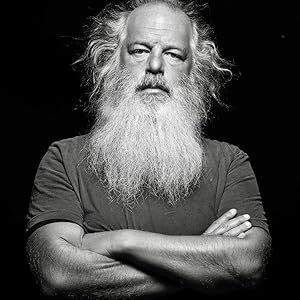Jonathan White
关于作者
Jonathan’s love for the sea is lifelong. He grew up on the beaches of southern California. He’s built and sailed many boats, logged more than a hundred thousand miles on the Pacific and Atlantic, and surfed all over the world. He has served on numerous conservation boards and committees, including the San Juan Preservation Trust, the San Juan County Marine Resources Committee, and the Northwest Straits Marine Conservation Initiative. As founder and former director of the Resource Institute, a nonprofit educational organization based in Seattle, Washington, he spent eleven years building a seminar program aboard the schooner Crusader in the Pacific Northwest, from Puget Sound to Southeast Alaska. Resource Institute sponsored weeklong seminars aboard the sixty-five-foot schooner, with subjects ranging from navigation, anthropology, and whale research to poetry, writing, music, and photography. Psychologist James Hillman taught a seminar on the role of animals in dreams; scientist Lynn Margulis discussed the Gaia Hypothesis; poet Gary Snyder pondered the role of killer whales and bears in Haida mythology. Robert Bly, Gretel Ehrlich, Richard Nelson, Paul Winter, Art Wolfe, and William Stafford were among the many others who taught aboard Crusader. Jonathan’s first book, "Talking on the Water," grew out of these experiences. While on a seminar in Southeast Alaska, Crusader ran aground on a spring tide. After nearly losing the boat, Jonathan vowed to learn more about this mysterious and implacable force. Ten years of research took him to five continents where he saw the largest, fastest, scariest and most amazing tides in the world. With Lukasi Nappaaluk, an Inuit elder, he slithered through a hole in the arctic ice and gathered mussels in the dark cavities left behind by a dropping tide. In China, he witnessed the world’s largest tidal bore, a 25-foot wave that charges upriver at twenty miles an hour. And at the Royal Society of London, he learned that Plato and Aristotle, Leonardo de Vinci, Newton, Descartes, and many other noted thinkers had been captivated – and befuddled — by the tide’s mystery. The book that led to Galileo’s arrest for heresy by the Catholic Church, in fact, was a treatise originally called “The Flux and Reflux of the Tides.” It’s been that important to mankind for centuries. But the story has never been properly told.
阅读完整简历















